
Question to the EC: Chinese legislation impacting the issue of succession of the Dalai Lama and Tibetan Buddhist leaders
See the joint question by Francisco Guerreiro (Greens/EFA), Petra De Sutter (Greens/EFA), Petras Auštrevičius (Renew), Hannes Heide (S&D), Aušra Maldeikienė (EPP) to the European Commission and the answer on the Chinese legislation impacting the issue of succession of the Dalai Lama and Tibetan Buddhist leaders.
Subject: Chinese legislation impacting the issue of succession of the Dalai Lama and Tibetan Buddhist leaders
The EU expects that China will respect the Dalai Lama’s succession ‘in accordance with Tibetan Buddhism norms’. The Chinese Government has adopted several laws aimed at reshaping these norms in order to legitimise its interference in the appointment of Tibetan Buddhist leaders, including the ‘State Religious Affairs Bureau Order No. 5' and the revised Regulations on Religious Affairs. The 14th Dalai Lama has stated that if a decision to continue the institution of the Dalai Lama is made, the responsibility will primarily rest with the Gaden Phodrang Trust, which will be informed by his written instructions.
1. Does the VP/HR consider that the two above-mentioned laws respect international human rights standards of freedom of religion or belief?
2. Does the VP/HR agree that the succession of the Dalai Lama should be decided by the Tibetan Buddhist religious community upon his instructions, without any government interference?
3. Given that the EU guidelines on the promotion and protection of freedom of religion or belief recognise that freedom of religion includes ‘the freedom to select and train leaders’, what steps does the VP/HR intend to take in response to the Chinese Government’s interference in the succession of the Dalai Lama?
Answer in writing
High Representative/Vice-President (HRVP) Borrell has recently raised concerns for the situation in Tibet, during his Strategic Dialogue with Chinese Foreign Minister Wang Yi, on 9 June 2020. Restrictions on freedom of religion or belief and on the rights of minorities in Tibet have been among topical concerns for the EU for a number of years, as expressed also publicly including in multilateral fora.(1)
The selection of religious leaders should happen without any government interference and in respect of religious norms. The implementation of any legal provision should take these principles into account. The Chinese revised regulations on Religious Affairs pose serious questions in this respect and it will be therefore important to monitor their implementation.
In the framework of the EU-China Human Rights Dialogue, the European External Action Service has repeatedly expressed the position that China needed to respect the succession process of the Dalai Lama. This was recalled also during the last meeting held in Brussels on 1 April 2019. The HRVP will continue to follow closely this issue and remains committed to reiterate this position if events so require.
(1) https://eeas.europa.eu/delegations/un-geneva/75884/hrc43-item-4-human-rights-situations-require-councils-attention-eu-statement_en


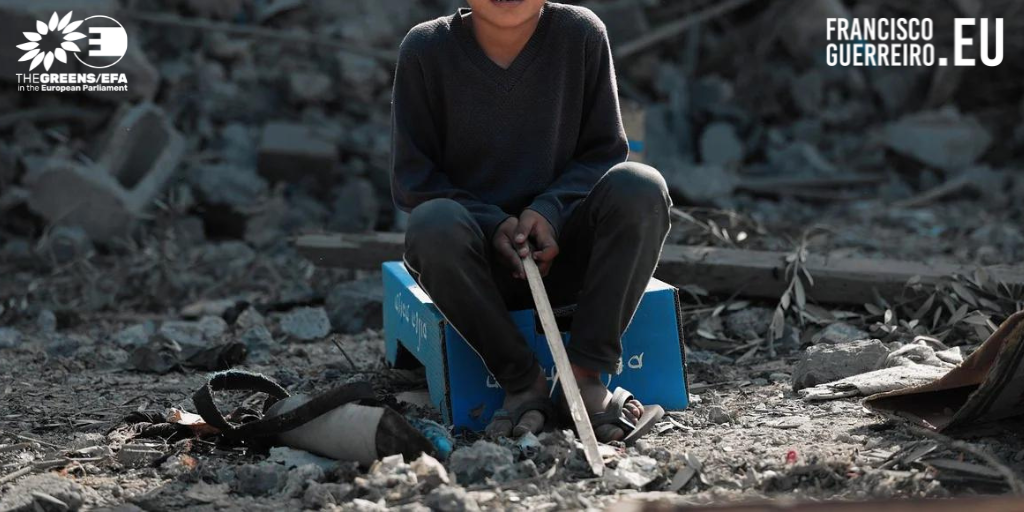

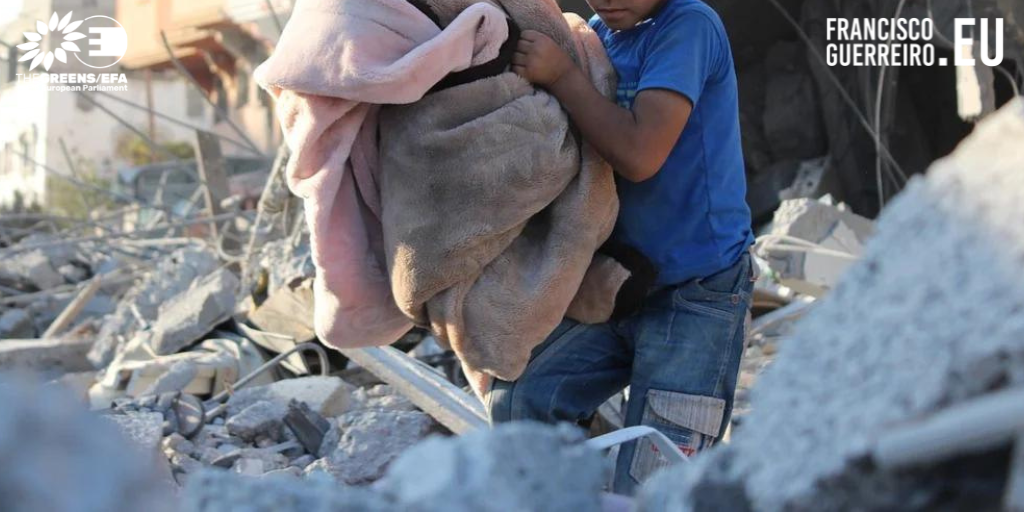
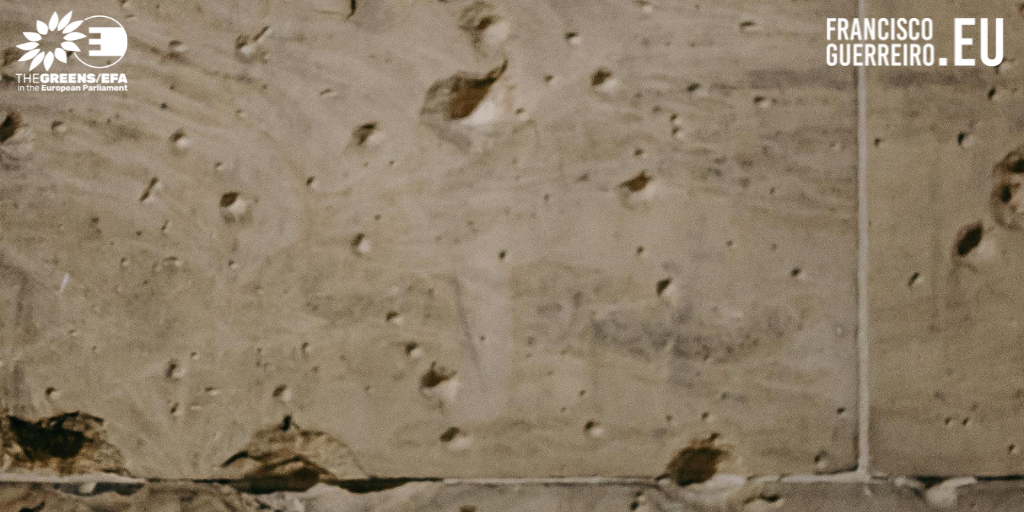
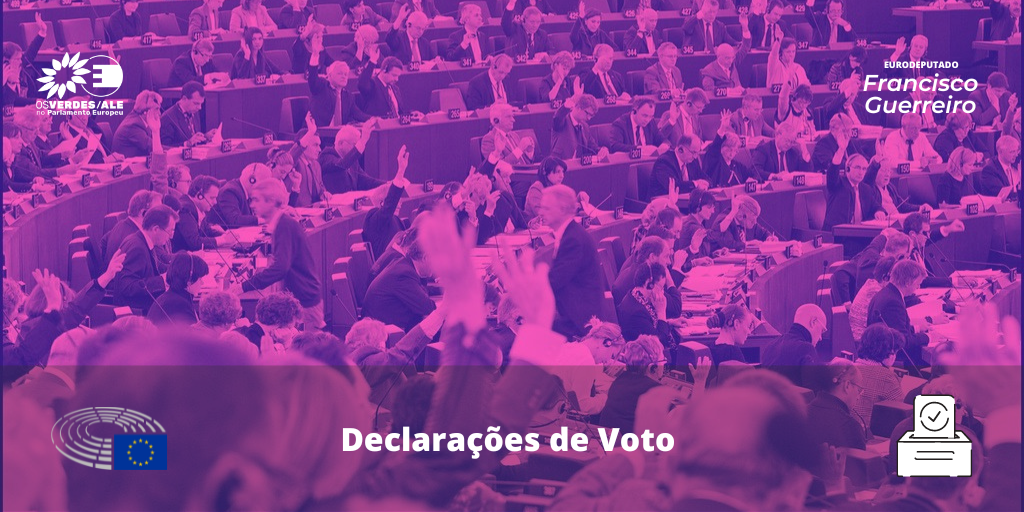
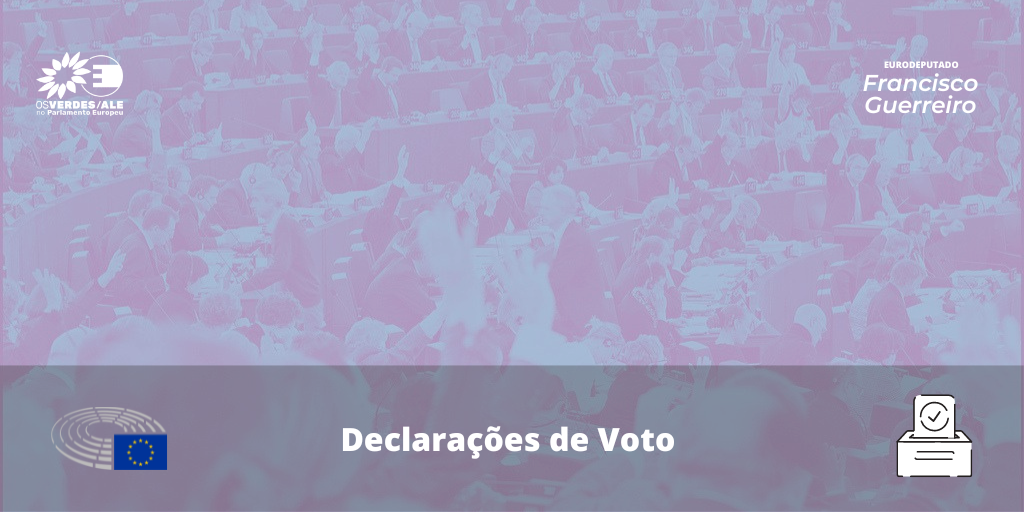
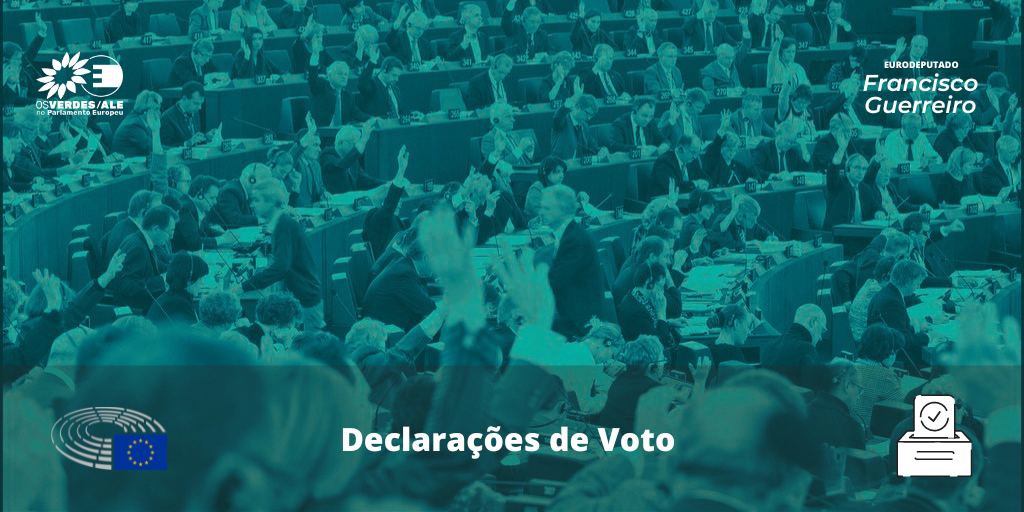
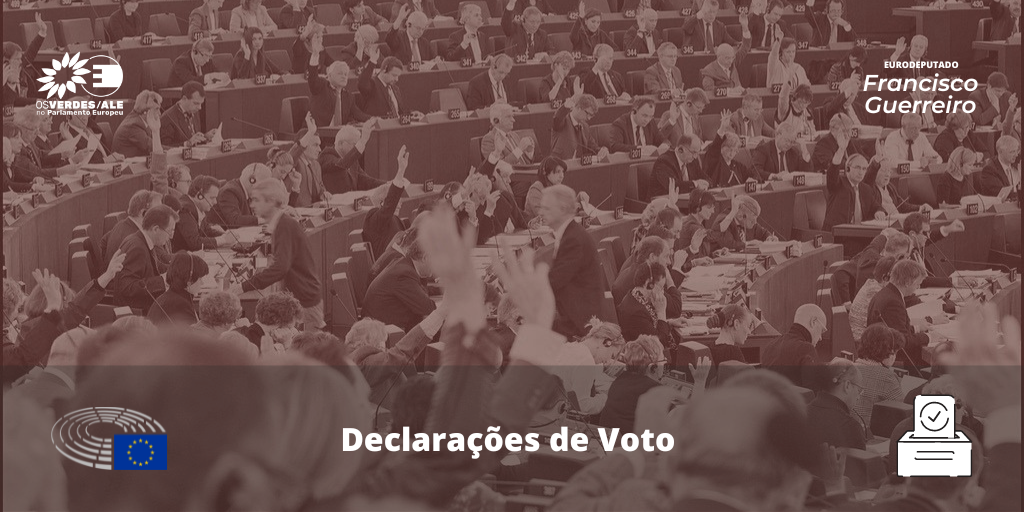
ParlTrack - Francisco Guerreiro considered one of the most productive MEPs
Monday, 01 July 2024
The analytical website ParlTrack has recorded all the parliamentary actions of MEPs during the 2019-2024 term, considering Francisco Guerreiro one of the most productive.READ MORE